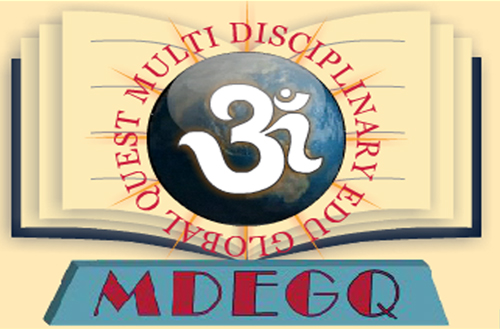THE INDIAN LITERATURE IN ENGLISH: A JOURNEY FROM NATIONALISM TO THE SEARCH OF NATION
After establishing the East India Company, the British came to India to trade. Afterwards, they dominated Indian subcontinent for more than 150 years. With a view to administer the nation smoothly, they needed human resource who knew the local language and deal with the local people. By the beginning of the 19th century the British felt the need for educating and civilizing the natives for various purposes. With an aim to promote only Oriental education and to prepare human resource which could help them in administration, they established the private schools that imparted English education. They also established printing presses in different parts of the country. The motif behind all these development was to dominate, control and to spread the oriental authority in Asia, which is succinctly articulated by the infamous ‘Minute on Indian Education’ (1835) by Thomas Macaulay. Thus after reading, speaking and comprehending English, Indians soon started writing also. Simultaneously, Indian writing in English had to range from the most utilitarian prose to the most ambitious verse-epics. It emerged as a new creative force of resistance. It resisted the injustice and cruelty of the colonizers and manifested what we often referred as the literary renaissance. So from a sapling to a strong rooted banyan tree with multiple new branches, Indian Literature in English now has emerged as a major voice of the nation. Many distinguished personalities had tried hard to bring Indian writing in English to its present eminence. Historical Perspective is an effort to contextualize the growth and rise of Indian English Literature, from its inception to its present glory. Tracing the thematic journey of Indian literature in English from the colonial period to the post-colonial age, this paper explores the concepts of nationalism and the nation in the Indian literature in English. An attempt is made to describe the thematic shift of the writers from the colonial period to present era. The paper deals with this shift of thematic representation of India-the nation in Indian literature in English: from the picture of free and developing nation to the recreation of “imagined nation”.
